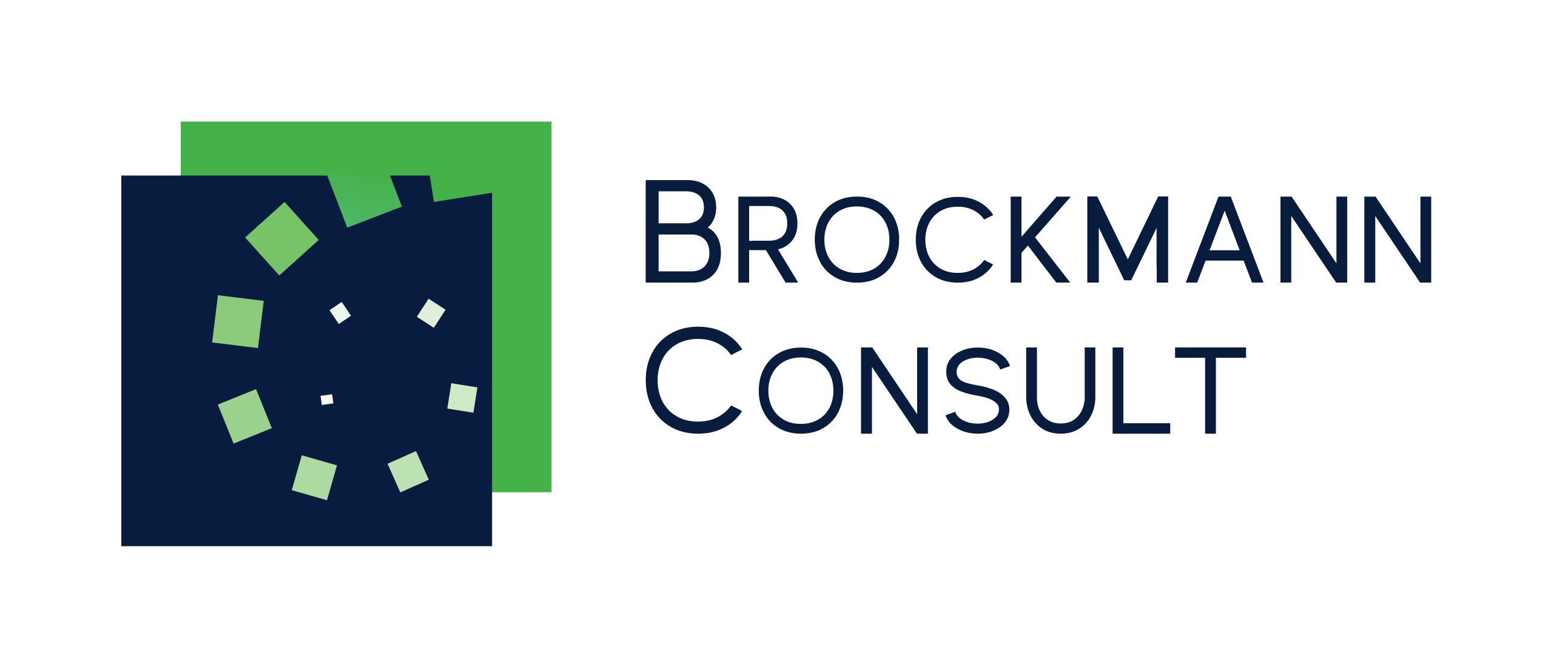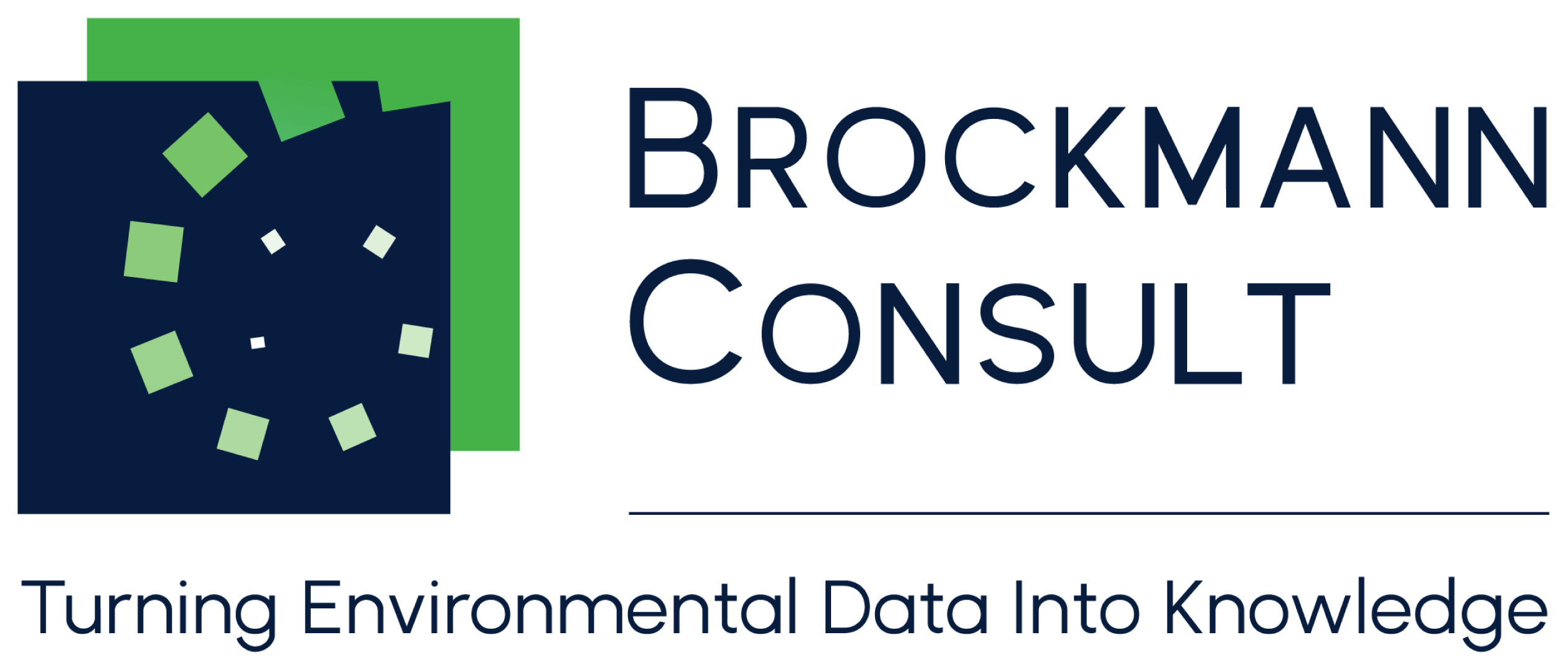Brockmann Consult has contributed toward the successful completion of many funded projects addressing important environmental challenges in support of European and international directives. We thrive on the synergies that working within a consortium brings and remain enthusiastically open to exploring opportunities to collaborate on meaningful projects with new partners in addition to developing new success stories with existing partners.
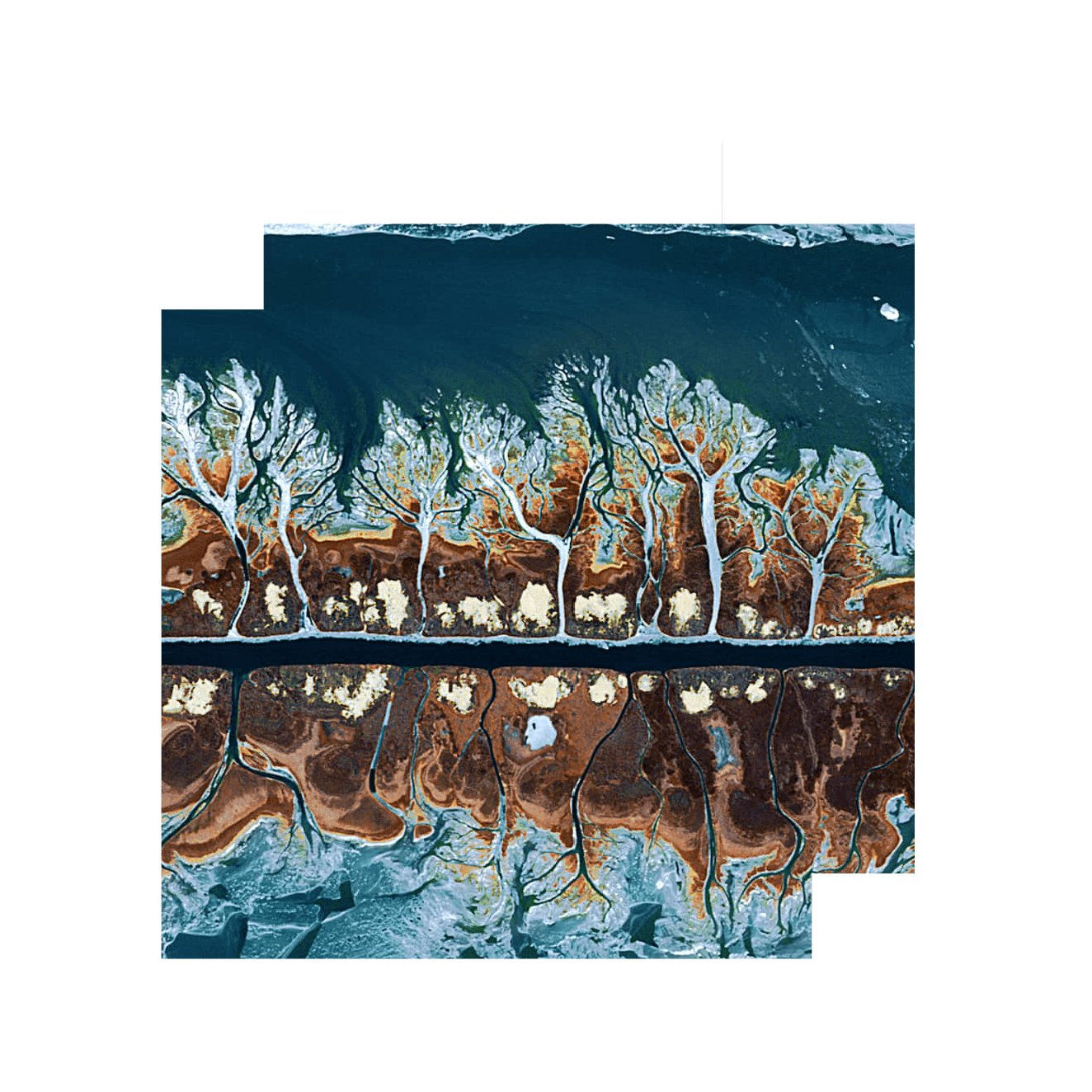
Research & Development
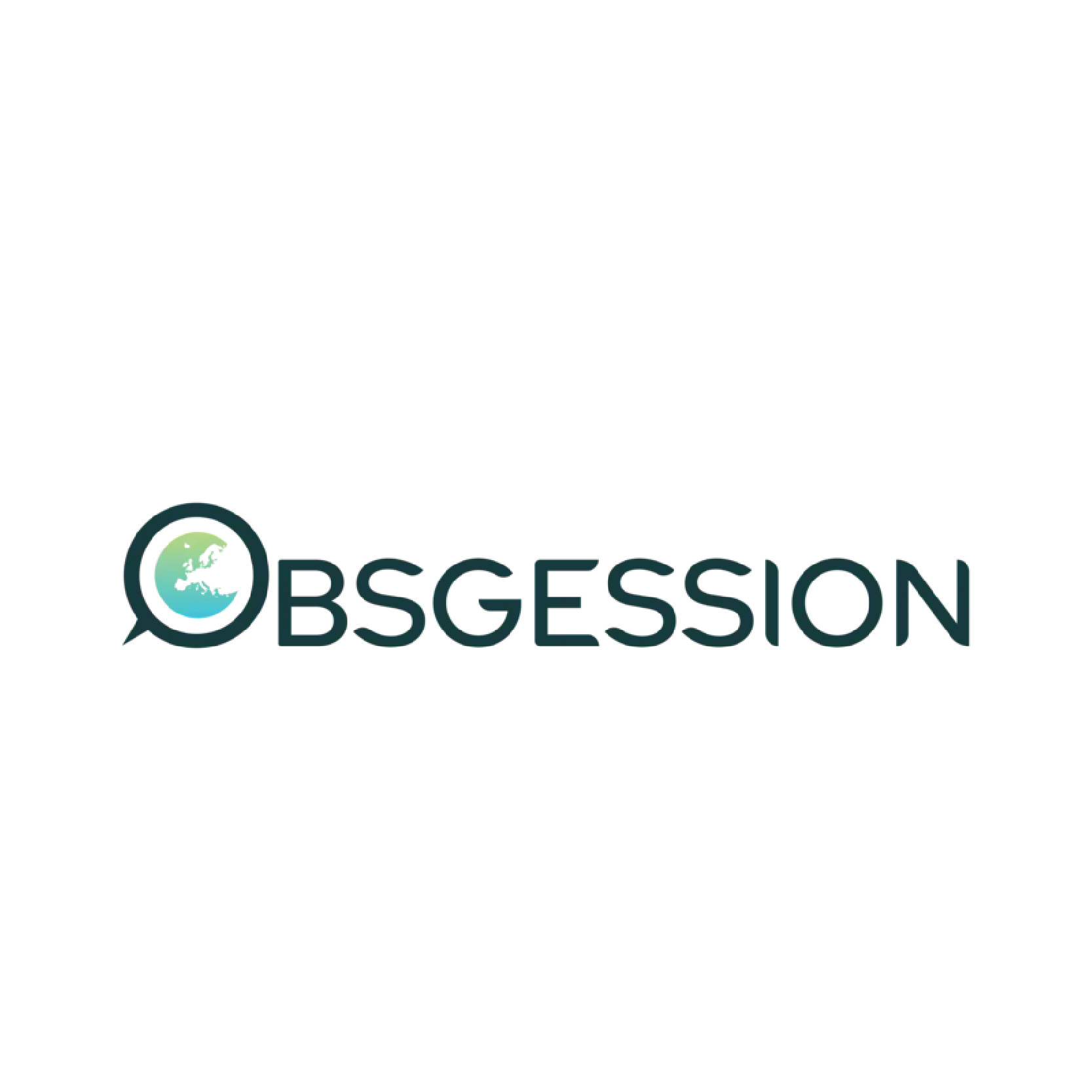
OBSGESSION is funded by EU’s research and innovation program Horizon Europe and supports cooperation between the European Commission and the European Space Agency to develop remote sensing of biodiversity. The aim of the project is to monitor and predict biodiversity change and its direct and indirect drivers in terrestrial and freshwater ecosystems. This is done through integrating state-of-the-art multi-sensor Earth Observation data, innovative in-situ (including citizen science) data and products, and next-generation ecological models that account for uncertainty. The project is anchored in science and policy needs, interdisciplinarity between terrestrial, freshwater, EO and ecosystem modelling, and FAIR open science practices. The project utilizes available platforms and tools (OpenEO, GEO BON EBV data portal, DeepESDL) to support the developed EO based biodiversity products. The project shares research outputs with both the scientific community and the general public, to propel the understanding of ongoing processes and the needed innovations for science-based solutions. Visit website.
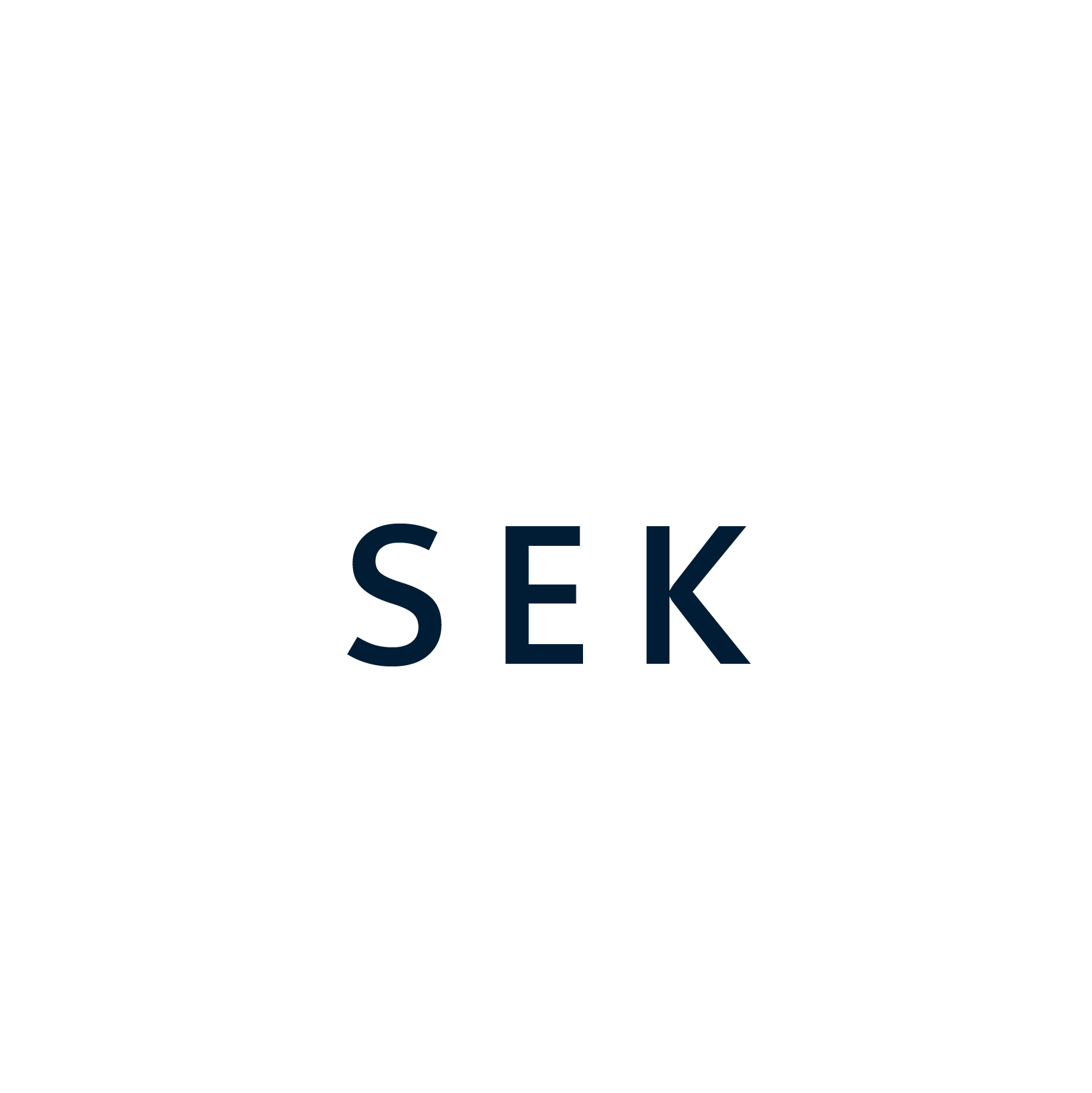
Methodological development of a commercial service for information products for seagrasses and coastal habitats using the hyperspectral data of Enmap as the core, and in preparation for the use of data from the Copernicus CHIME mission. Funded by the German Aerospace Center DLR.
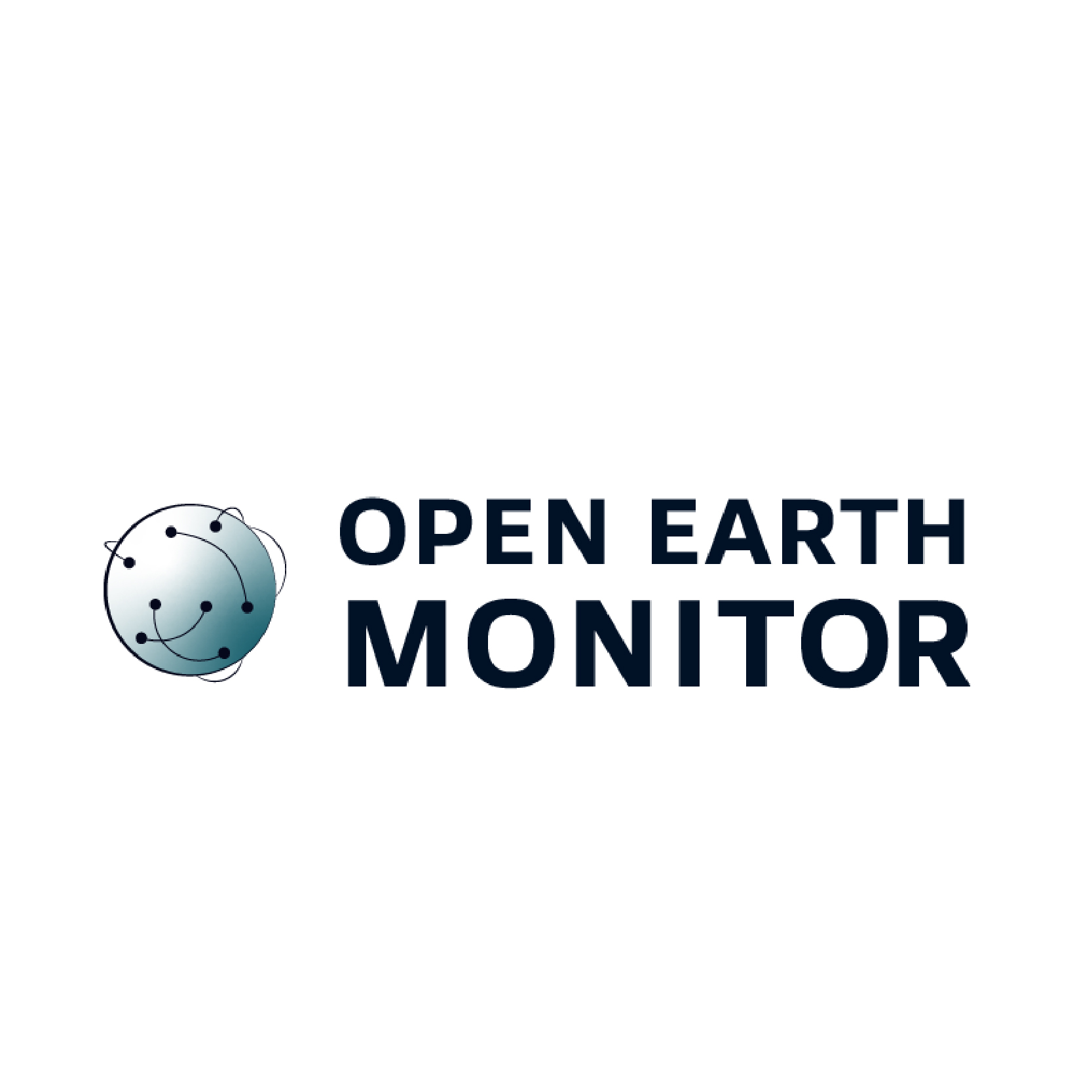
The Open-Earth-Monitor (OpenEM) is a Horizon Europe project that increases European capability to generate timely, accurate, disaggregated, people-centred, accessible (GSM-compatible) and user-friendly environmental information based on Earth Observation data. The project aims to build a F.A.I.R.-compliant cyberinfrastructure to accelerate the uptake of environmental information and help build user communities at European and global levels. This project has received funding from the European Union’s Horizon Europe research and innovation programme under grant agreement No. 101059548. Visit website.
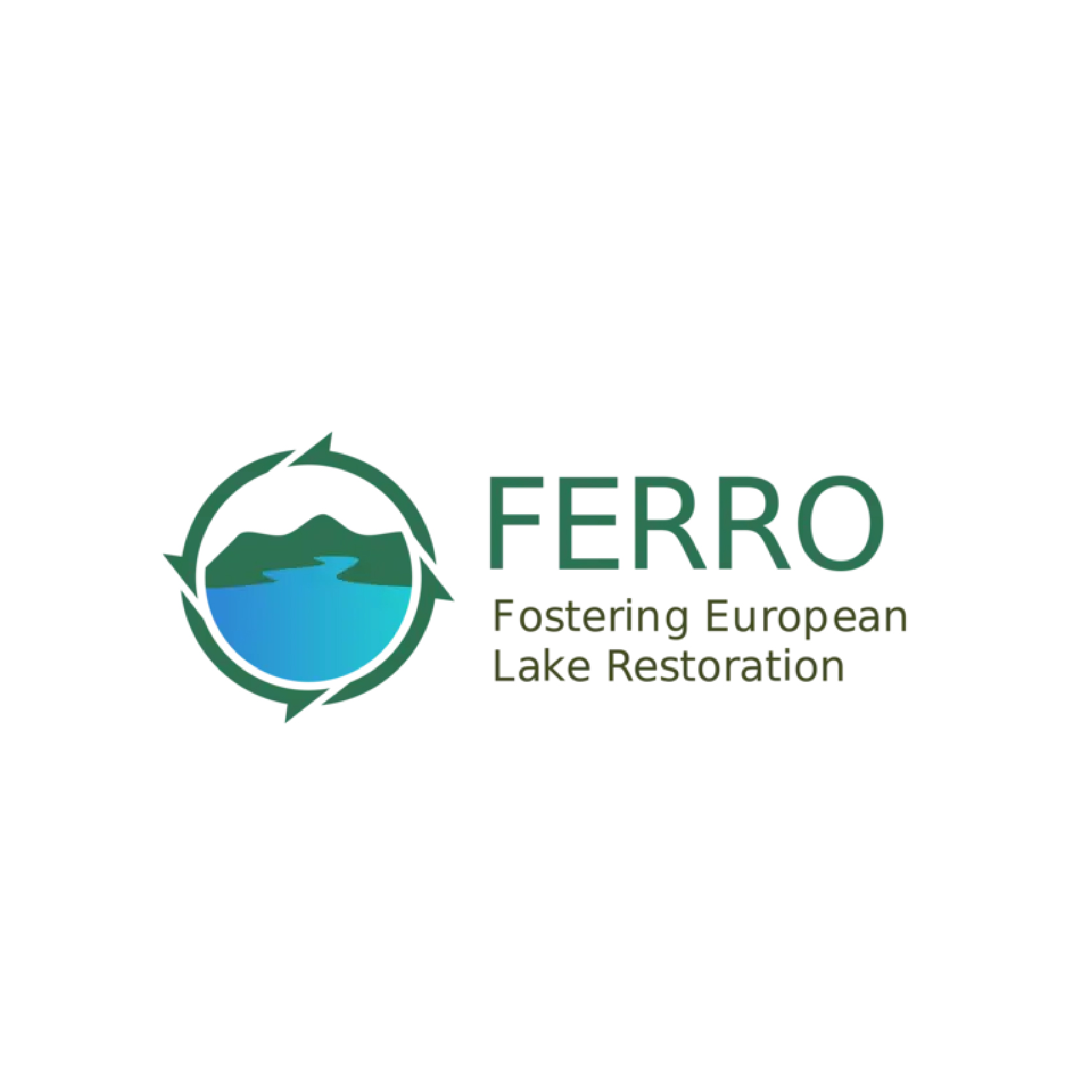
Fostering European Lakes Restoration by Nutrient Removal, Recovery and Reuse: Integrated Catchment and In-lake Scale Approach (FERRO) is a project funded under Horizon Europe. It is an interdisciplinary project that seeks to foster circularly based management of eutrophication. It integrates a wide array of fields: hydrobiology, remote sensing, biotechnology, engineering and agriculture to facilitate lake restoration efforts in Europe. Visit website.
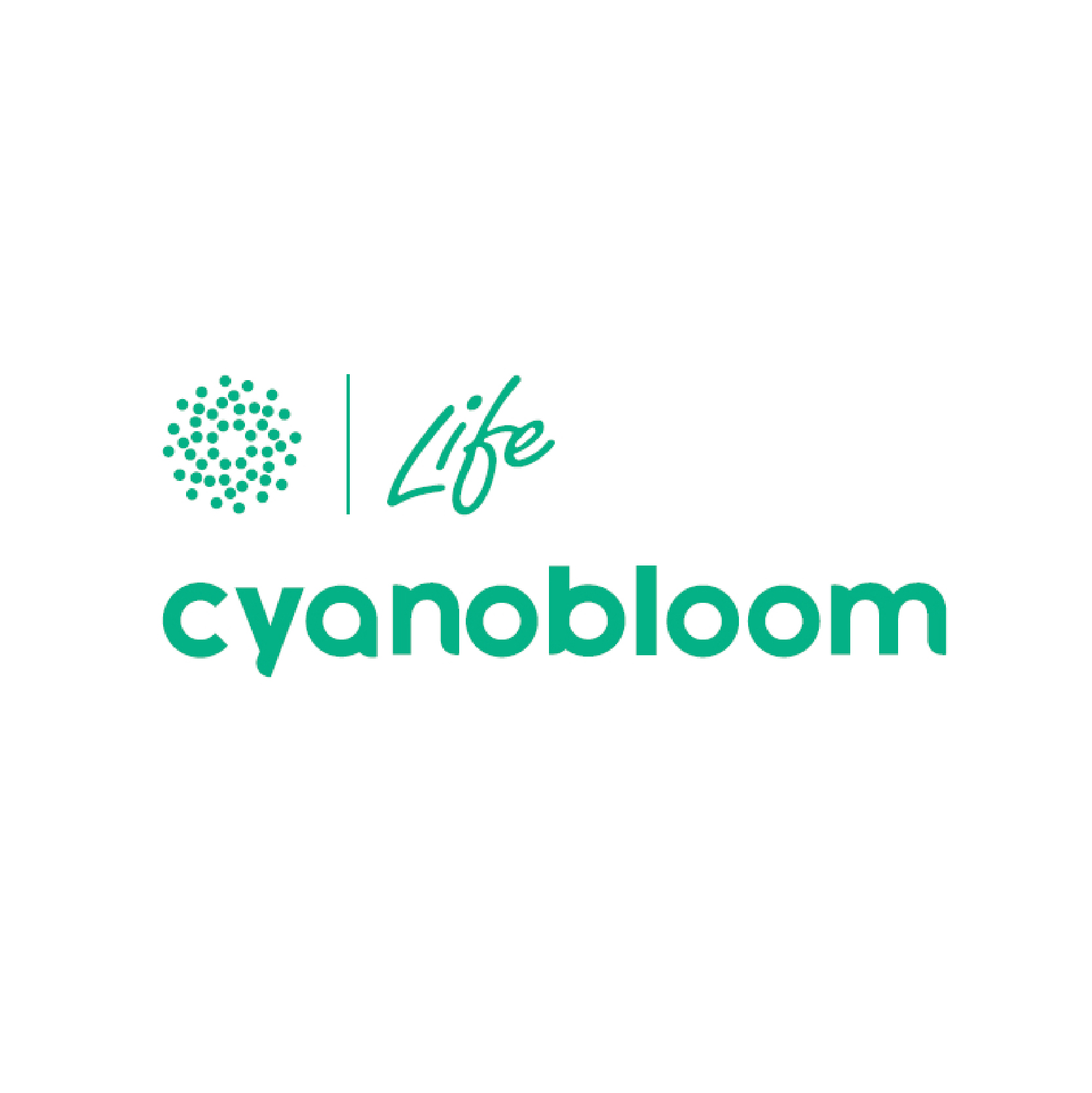
The project “Advanced risk management tool for early detection and identification of toxic algal blooms” (CyanoBloom) receives funding from the EC Life Programme. The project aims to demonstrate a solution for the early detection of toxic cyanobacteria blooms in public water supply reservoirs through a combination of remote monitoring (i.e., data from public and private satellites) and on-site measurements (i.e., hyperspectral field measurements with genetic analysis of collected samples). As a result, it is expected that the chance of the timely identification of a bloom will be increased from the current 0.82-1.11% to 90%. Visit website.
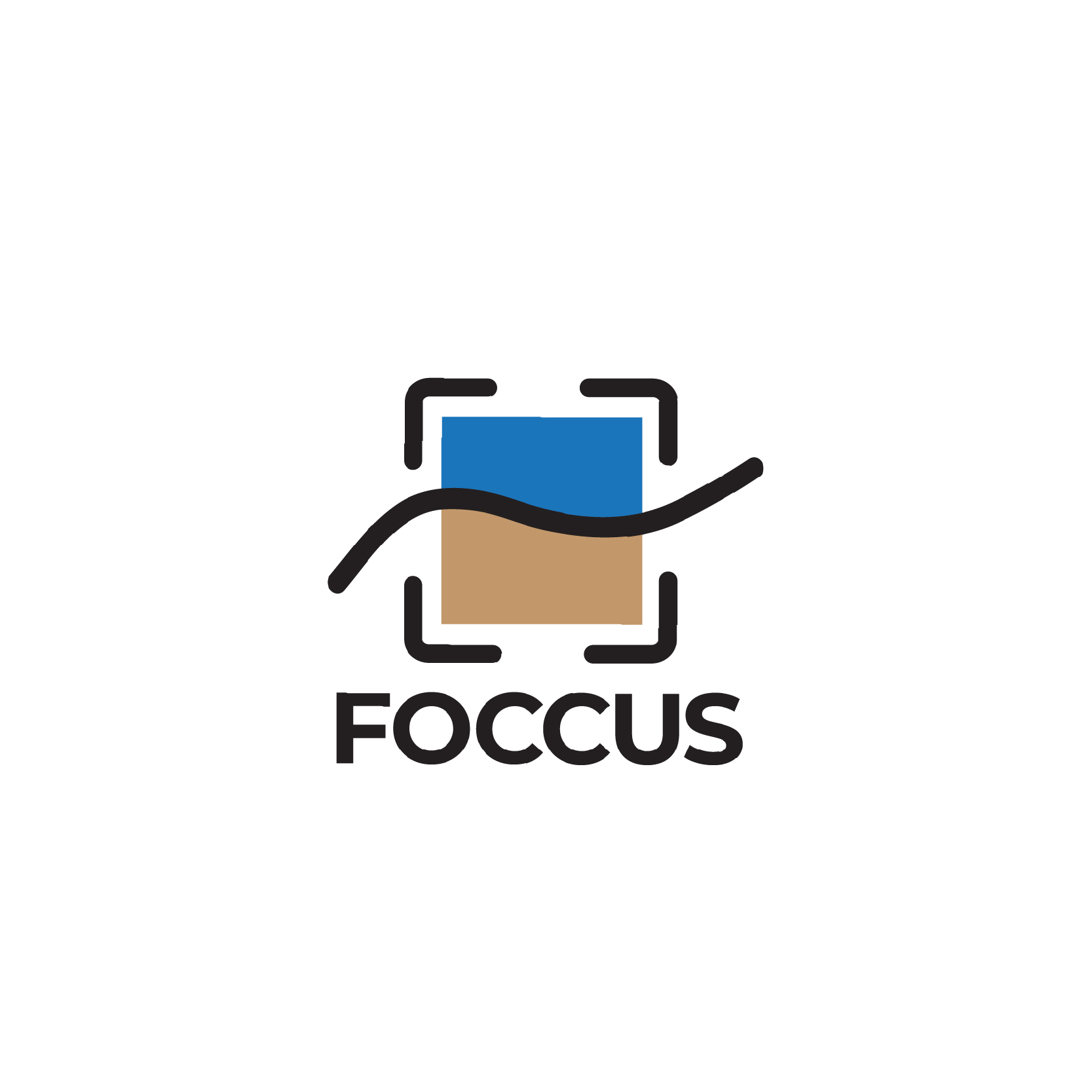
The Horizon Europe project “Forecasting and observing the open-to-coastal ocean for Copernicus users” (FOCCUS) will specifically address and enhance the coastal extension of Copernicus Marine Environment Monitoring Service to better serve coastal users and Member States. The focus of Brockmann Consult is on seagrass as well as water quality observations from space. Visit website.
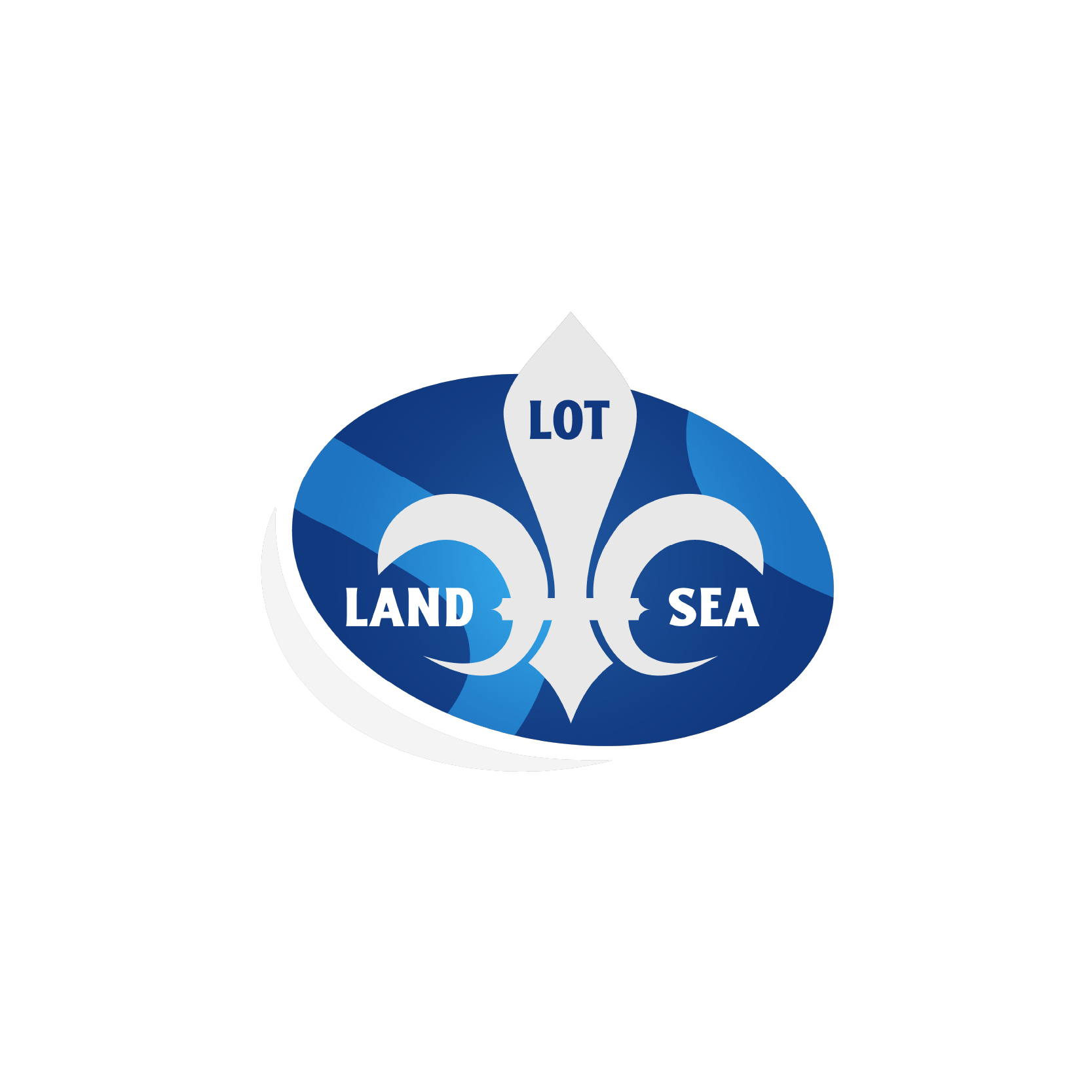
LandSeaLot is a Horizon Europe project that seeks to integrate and enhance existing efforts including in situ, satellite, modelling and citizen science to better study the land-sea interface area, where terrestrial and marine habitats meet. Visit website.
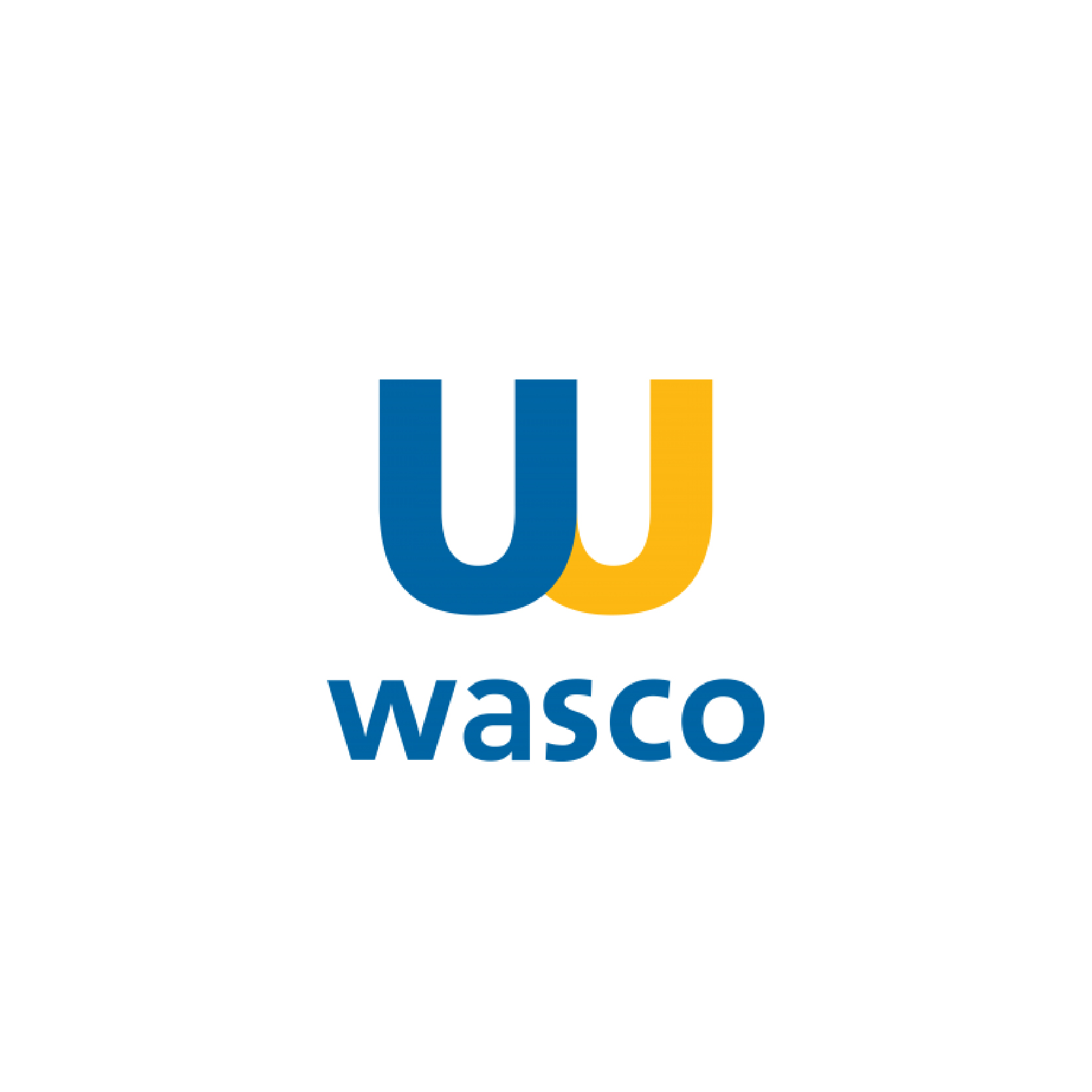
The project WASCO aims for the „preparation of a service for processed products from remote sensing data and products for the Wadden Sea“. The central theme of the coastal service here is sediment – both for the eulittoral (dry tidal flats) and the suspended matter transported in the water column. Data from satellite remote sensing is to be processed together with other information via a process chain for the applicants’ application goals and transformed directly into products for services. The products will thus be available for the daily work of the applicants, other official organisations in the coastal region and the public. The project is funded by the German Ministry of Economics through the German Aerospace Center.
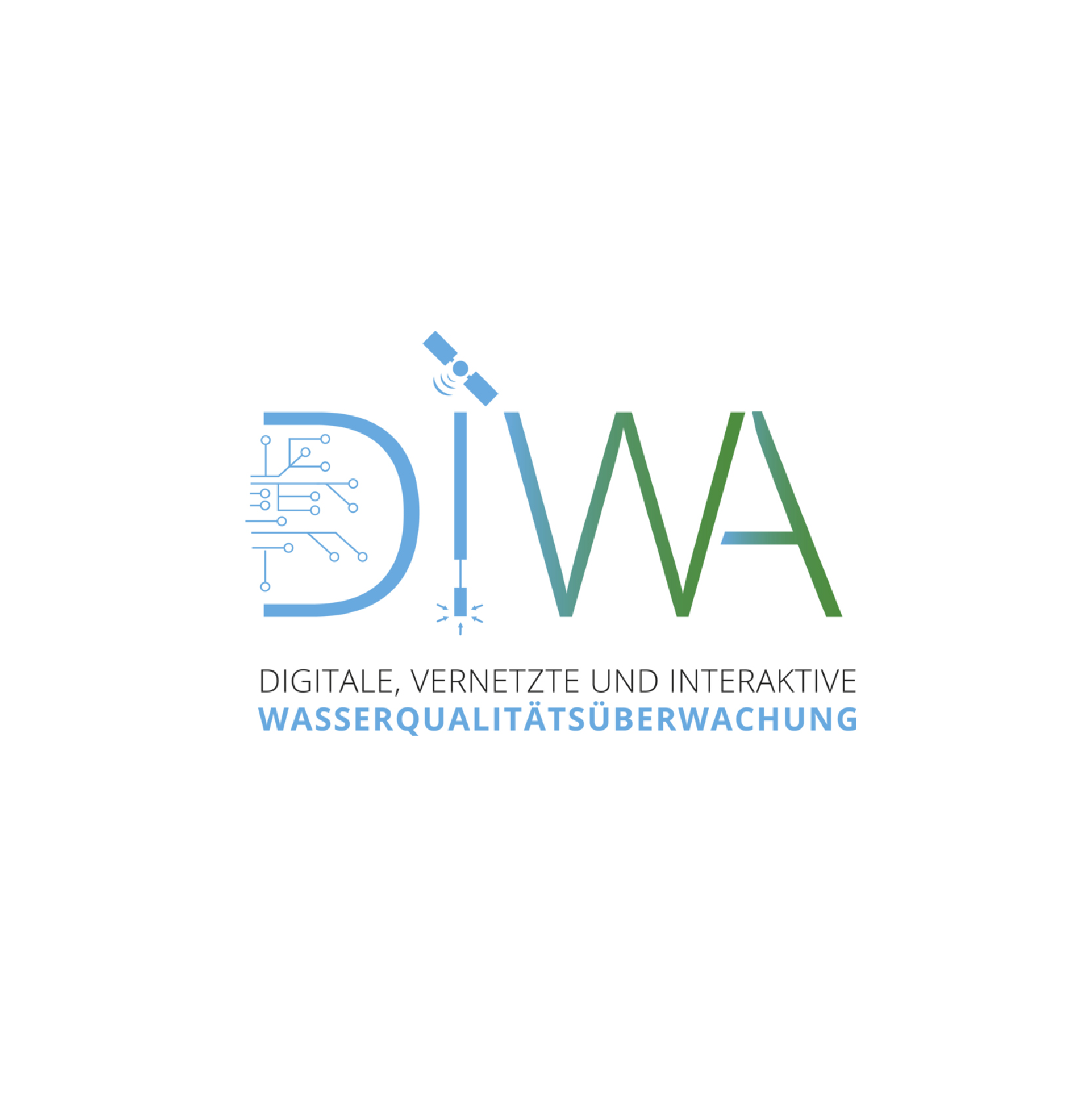
DIWA stands for digital, networked and interactive water quality monitoring, a concept for autonomous early warning systems for water protection. The project has the goals of coupling in-situ and online continuous measuring sensors and EO data, and the development of an early warning system. The project receives funding from the Ministry of Education and Research in Germany.
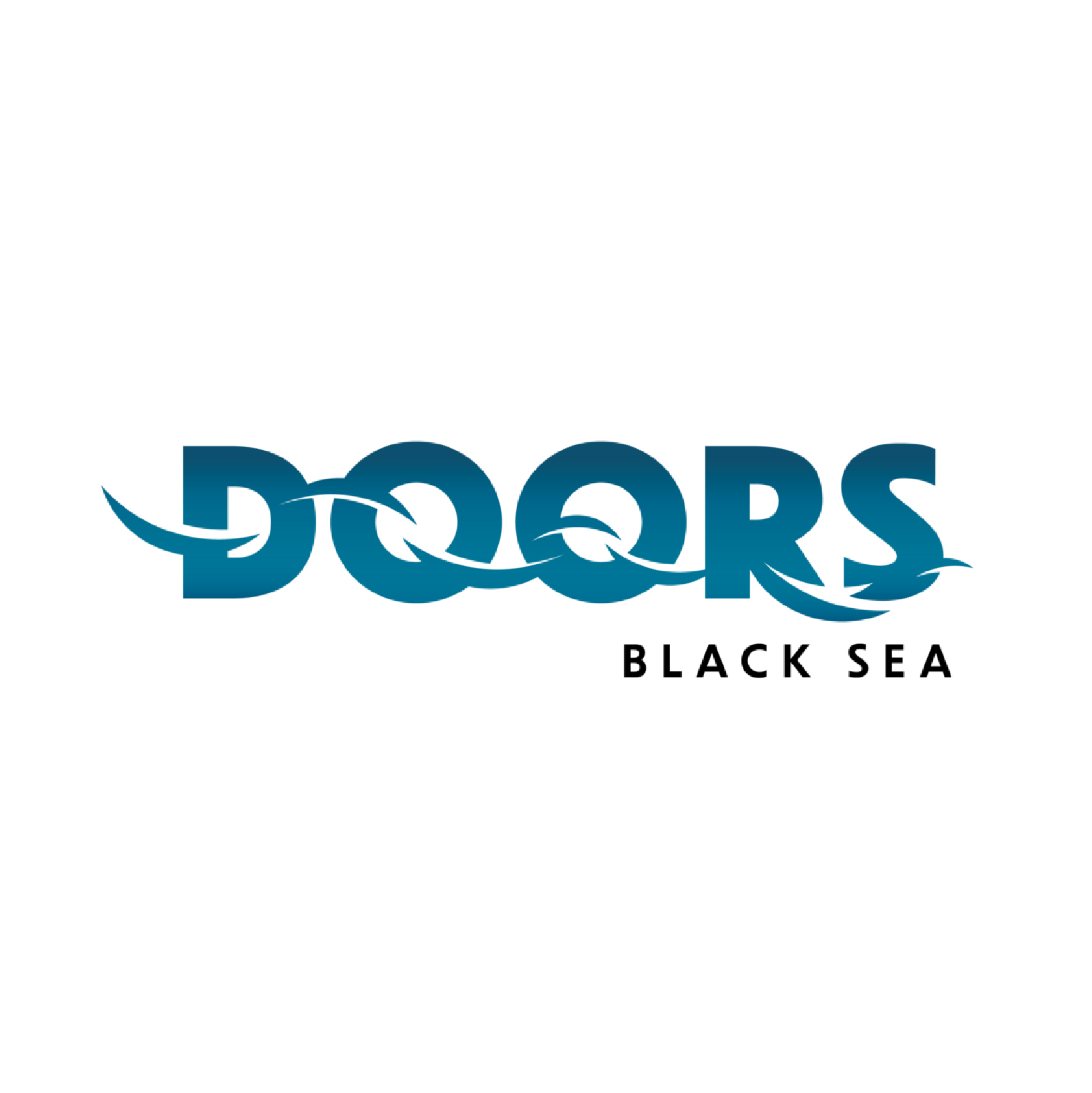
Developing Optimal and Open Research Support for the Black Sea (DOORS) is a Horizon Europe project to make operational the Black Sea Strategic Research and Innovation Agenda, support the successful Blue Growth implementation and contribute to a healthy, productive and resilient Black Sea. The project links science, policy and industry for critical Black Sea regeneration. It brings together expertise and technology from 35 institutions from the Black Sea region and other European countries to address the human and climate change impacts on damaged ecosystems. Brockmann Consult is developing the integrating technological backbone and IT infrastructure, the System of Systems. Visit website.
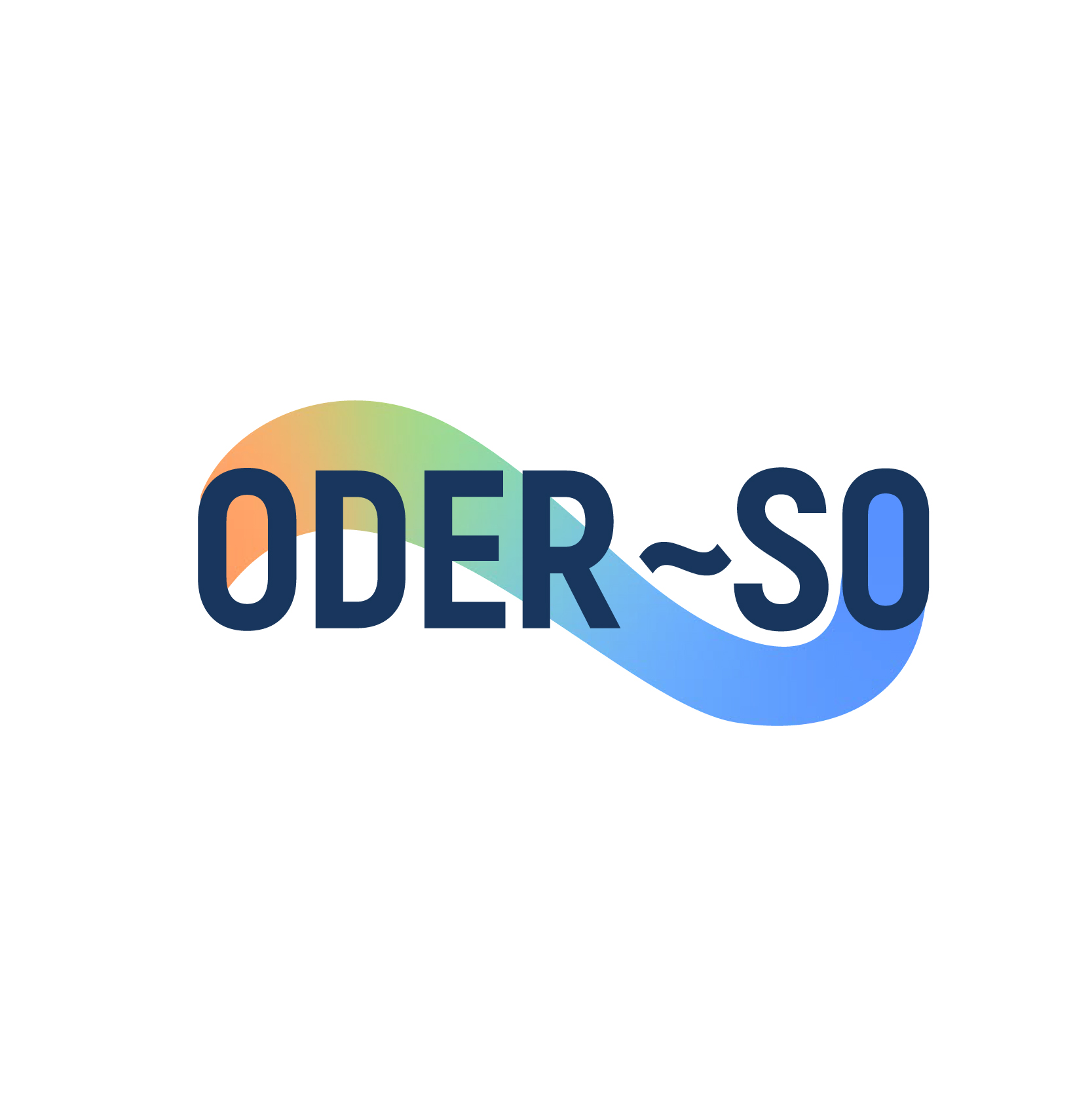
„Incident-related special investigation programme for the environmental disaster in the Oder River of August 2022“ (Oder-So) is national R&D project. It aims at documentation of impacts on aquatic organisms and their regeneration as well as precautionary research on possible further toxin waves and on resilience, ecosystem functions, ecosystem services and development scenarios of the river and its floodplains. Brockmann Consult is contributing the aquatic remote sensing component in this project. Visit website.
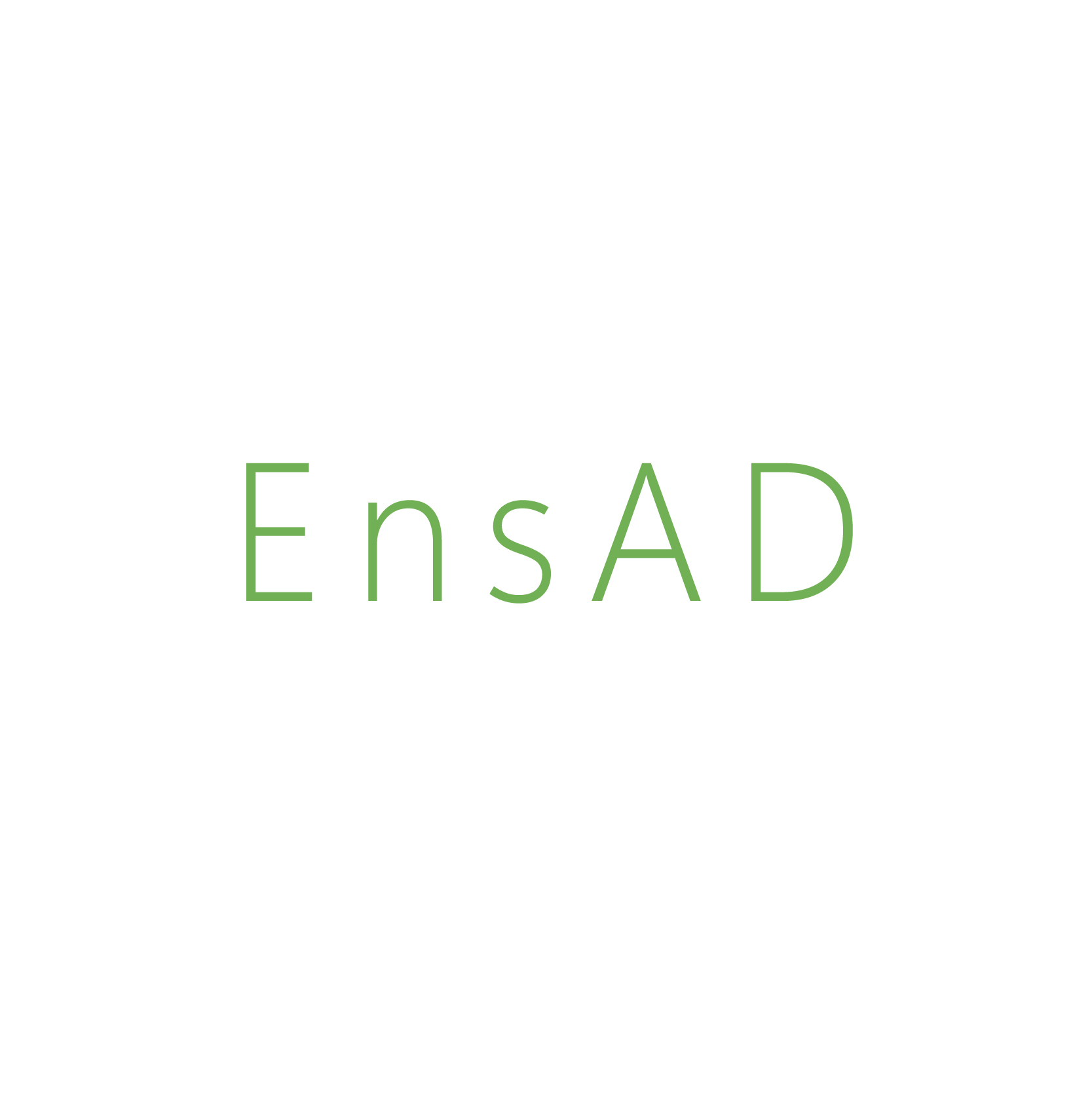
The aim of EnsAD is the development of pre-operational procedures for algae group recognition from hyperspectral satellite data, the further development of information products and services for water quality and the validation of data and products. The work on detecting algae groups using satellite remote sensing also forms the basis for new MSRL data products relating to descriptors D1 (biodiversity), D2 (non-indigenous species) and D5 (eutrophication). The project is funded by the German Aerospace Center DLR.
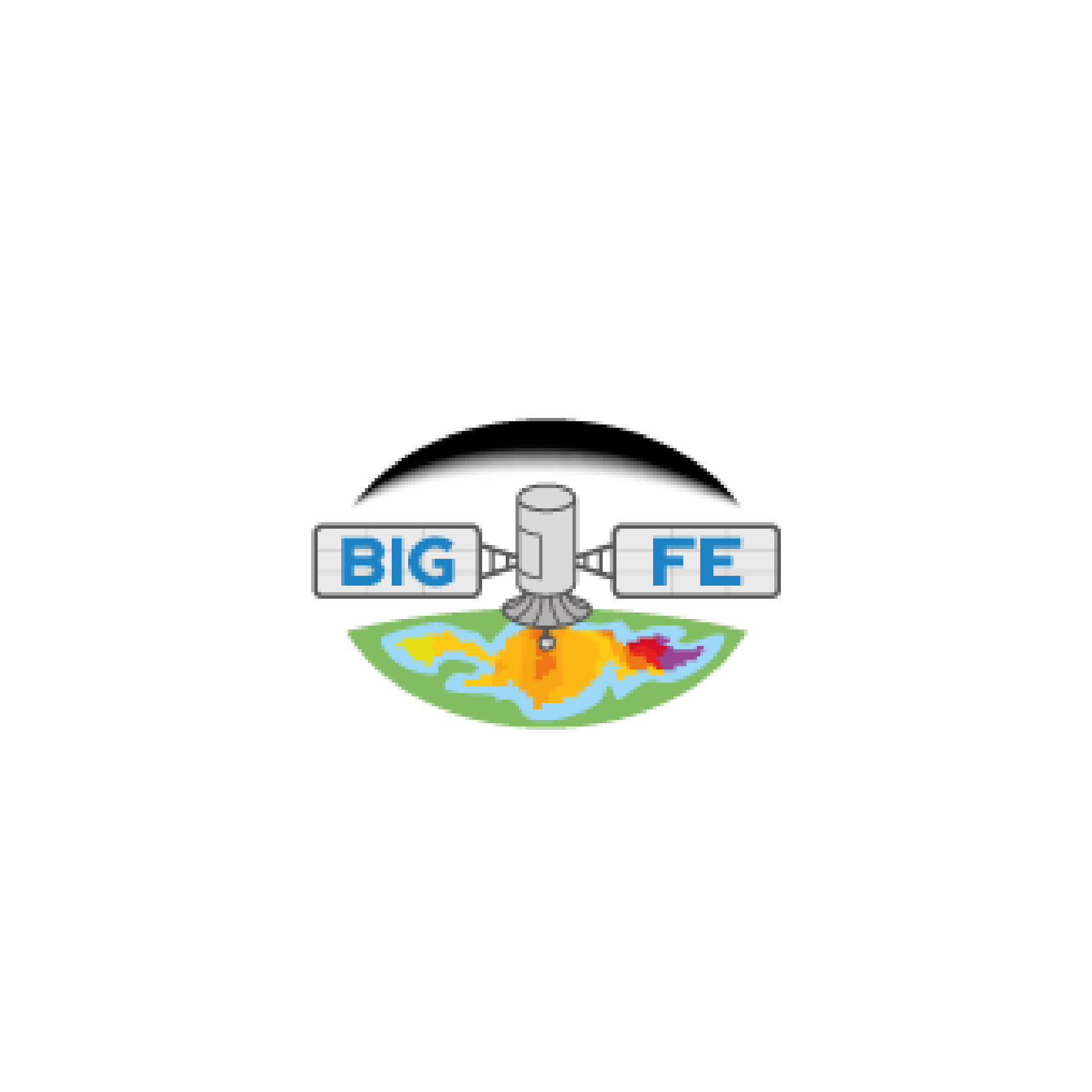
BIGFE – Recording water quality and water area extent of inland waters by remote sensing is a national lighthouse project supporting the national integration of Copernicus Satellite data and Services. In the project satellite products are therefore to be processed, harmonised and validated for a selection of approx. 100 lakes and reservoirs as well as individual watercourse areas in the lower reaches of large rivers using various existing methods and scientifically evaluated with regard to their quality. The project is funded by the Federal Ministry for Digital and Transport (BMDV) via the DLR.
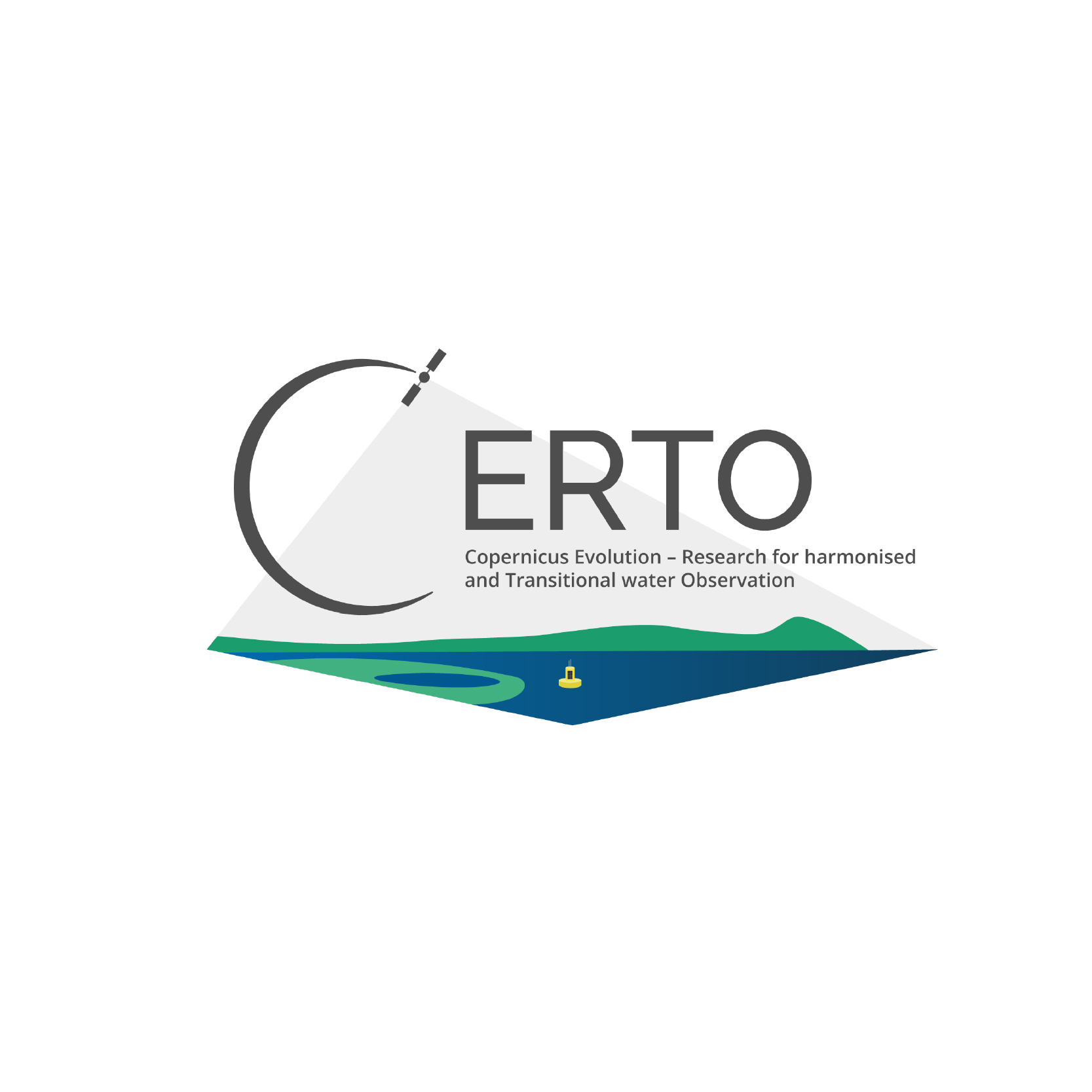
The CERTO project was funded under Horizon 2020 and aimed at developing water quality products for transitional waters, with focus on the harmonization across Copernicus services (Copernicus Marine, Copernicus Climate Change, and Copernicus Land). Six case study areas were fully characterised and validated. These six areas are spread all across Europe, ranging from the large watersheds of the Elbe, Curonian and Tagus to the smaller catchments of the Tamar, Venice and Razelm-Sinoe. They provide contrasting transitional environments to ensure a full range of Optical Water Types and associated algorithms. Visit website
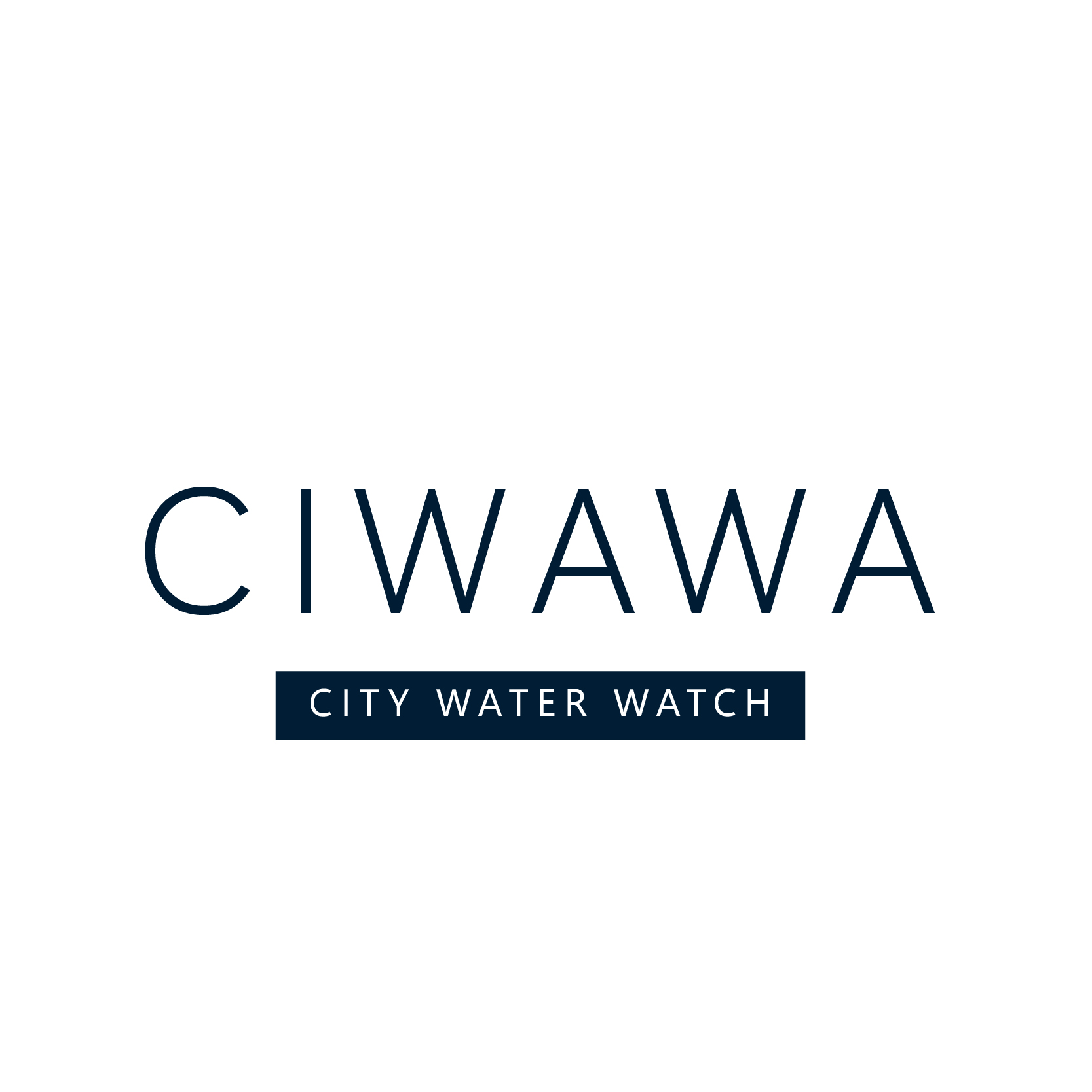
City Water Watch (CIWAWA) focused on developing advanced software and data solutions for monitoring urban water bodies using Earth Observation data. The project aimed to enhance the processing, analysis, and accessibility of satellite-derived information, supporting improved environmental assessment and management. The project was funded by the German Aersospace Center.
The Brockmann Experience
Brockmann Consult fosters a friendly and innovative environment where cutting-edge technology meets proven methodology to provide solutions in support of complex environmental issues. Our long-serving team members welcome new recruits and everyone learns from each other. Here, knowledge sharing supports stimulating challenges, upskilling is encouraged, and contributions are acknowledged and valued.
Read what the team has to say about their Brockmann experience.
Our Values
We believe in the pursuit of knowledge through evidence-based science. We are committed to contributing towards environmental management in collaboration with our customers and communities by fostering mutual respect, integrity, passion and innovative problem solving.
